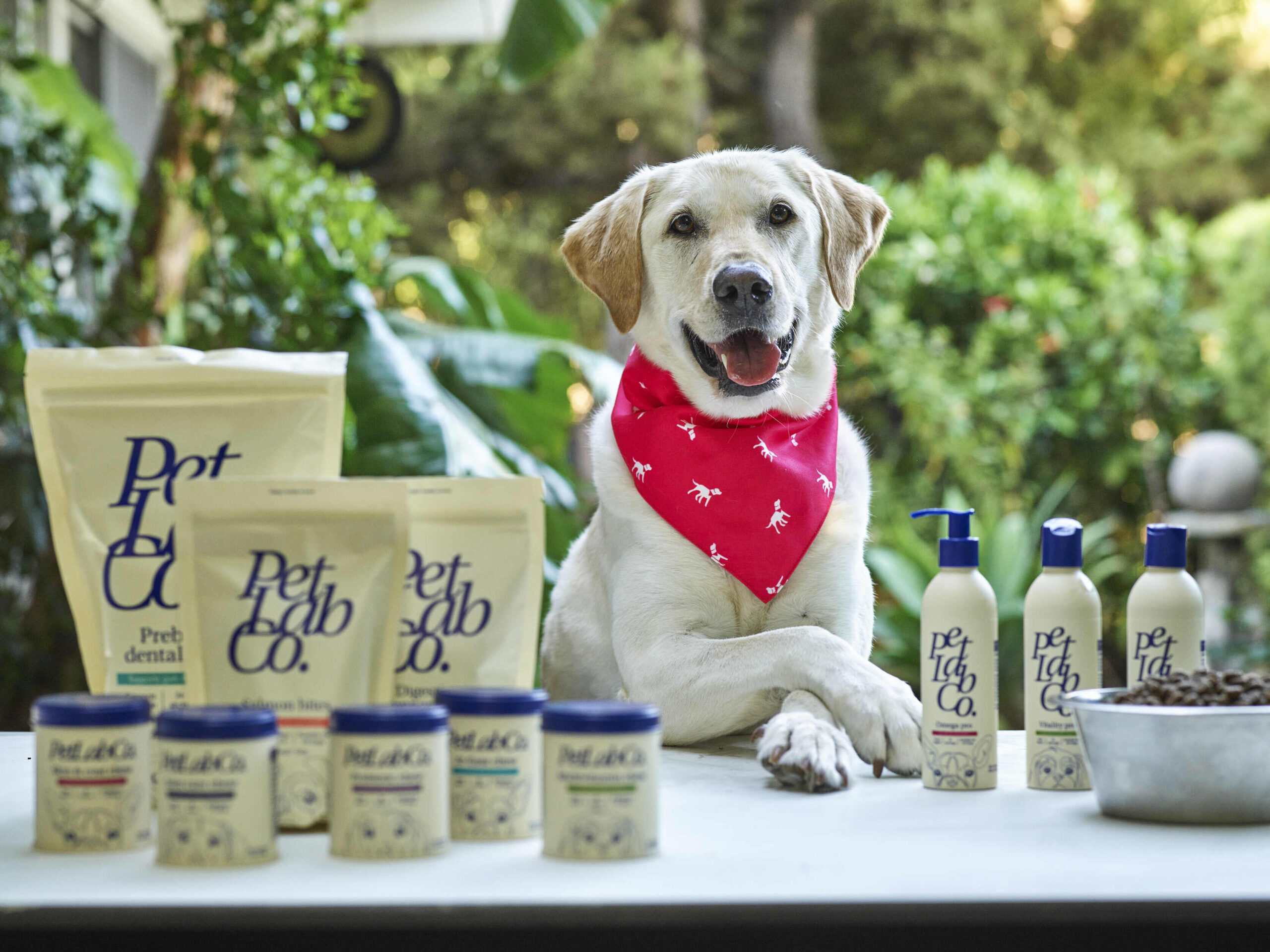When your pet needs specialized care, a veterinary laboratory plays a critical role in providing accurate diagnostics and treatment guidance.
By the end, you’ll understand how veterinary diagnostics support better outcomes for pets and peace of mind for owners.
Whether you’re a pet parent searching for a “veterinary lab near me” or a veterinary professional looking for top-tier lab partners, this guide will provide expert insights and practical tips.
How Veterinary Diagnostic Labs Work
Just like human medical labs, veterinary labs follow strict protocols to ensure accuracy and reliability.
Veterinary labs vary in size and specialization.
In the US, veterinary laboratories can operate as standalone diagnostic centers, be integrated into veterinary hospitals, or work as part of nationwide networks.

What Tests Do Veterinary Labs Offer?
Routine blood tests, such as complete blood counts (CBC) and blood chemistry panels, provide insights into organ function, immune response, and general wellness.
Advanced labs may also provide molecular diagnostics, including PCR testing for specific pathogens or genetic screenings for hereditary conditions.
These tests are essential for early disease detection, accurate diagnosis, and treatment planning.
Locating a Veterinary Laboratory in Your Area
Many vet clinics also have in-house labs for basic tests and refer complex cases to specialized facilities.
Online directories and veterinary associations can help locate accredited labs in your area.
Choosing the right local lab ensures quick turnaround, reliable results, and peace of mind.

Standard vs. Emergency Veterinary Laboratories
Not all leia mais veterinary labs operate the same way.
If your pet is facing a life-threatening condition—such as sudden collapse, poisoning, or acute trauma—a 24-hour lab can deliver rapid results needed for immediate treatment.
Balancing speed, cost, and specialization ensures your pet gets the right level of diagnostic support when it matters most.
How Diagnostic Labs Protect Animal Health
While physical exams provide valuable insights, they can’t reveal everything—lab tests uncover hidden conditions, confirm clinical suspicions, and track progress over time.
For preventive care, routine lab work helps catch issues before symptoms appear.
This partnership between lab, vet, and pet owner is what keeps animals healthy and thriving.
Conclusion: Choosing the Right Veterinary Lab for Your Pet
In today’s pagina sobre o assunto world, ensuring your pet receives top-quality care means partnering with the right veterinary laboratory.
The combination of expert veterinary care and reliable diagnostics is what keeps pets healthier, longer.
As veterinary medicine continues to evolve, so do the diagnostic tools available to monitor and protect your pet’s health.
Common Questions About Veterinary Labs
Why do vets use diagnostic labs?
A veterinary diagnostic lab analyzes samples from animals (like blood, urine, or tissue) to detect diseases, monitor health, and guide treatment plans.
Are there local veterinary labs for pet testing?
You can also search online directories or check with veterinary associations to find accredited labs in your area.
How do I know if I need an emergency vet lab?
If your pet experiences sudden, severe symptoms—such as collapse, poisoning, or acute injury—a 24-hour veterinary lab can provide rapid diagnostics to support emergency treatment.
What are common veterinary diagnostic services?
These tests help detect infections, organ issues, cancers, and metabolic diseases.
How much do veterinary lab tests cost?
Your veterinarian can provide estimates and help prioritize necessary diagnostics.